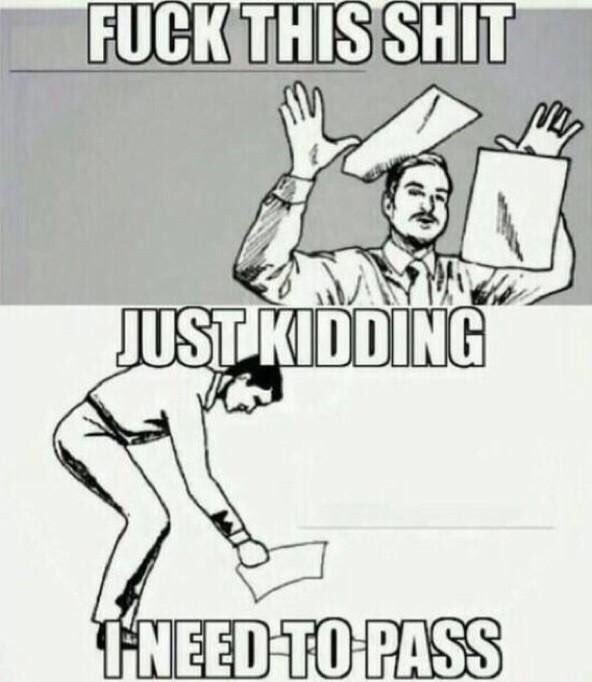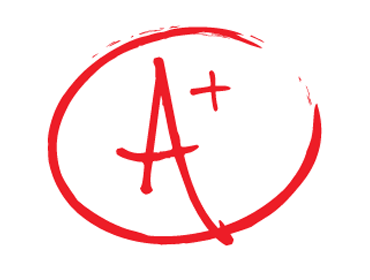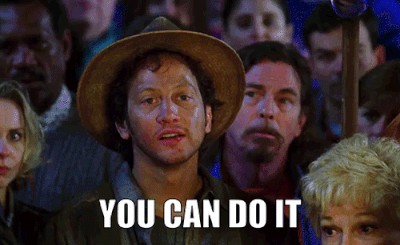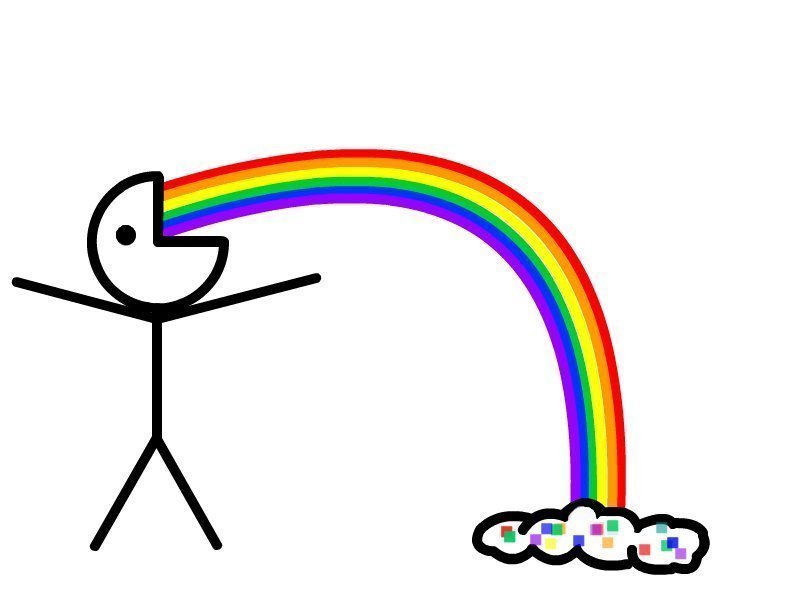The Bartholomae article brought up many valid points which relate to the workshops of English 30. Although this reading was particularly painful to read, I found it easy to tie together the article and the internship. As discussed in class, Bartholomae states,” I am arguing, then, that a basic writer is not necessarily a writer who makes a lot of mistakes. In fact, one of the problems with curricula designed to aid basic writers is that they too often begin with the assumption that the key distinguishing feature of a basic writer is the presence of sentence level error.” This directly correlates to Rodby and Fox discussing the placement tests for incoming freshman. One test should not be the deciding factor, and even the students who do test low should not be excluded from the rest of their peers, taking no credit courses.
My voice definitely changes for different instructors, as well as whether I can be informal or not. This depends on whether I feel comfortable with the professor; otherwise, I am safe with my papers, only doing what I am asked. There have been many instances where I felt as though I was only writing to achieve a good grade on a paper, not necessarily to write the way I wanted to. I do consider myself to be a good essay writer, at least which is what all of my grades show. Often times, I have trouble writing blog posts or quick writes because I don’t have the time to mull over my thoughts and achieve an academic voice. For different classes I don’t believe that I actually change my voice. I honestly just write to get it over with and to get the grade. Some of the papers that I am most proud of, or that I have pulled out to read again are the ones that I was able to speak about my own opinion on the subject, not to just follow the guidelines of a prompt.
I completely agree with Bartholomae that some students take on the role of always writing safe, tidy papers. He claims, “It will be hard to pry the writer . . . loose from the tidy, pat discourse that allows him to dispose of the question of creativity in such a quick and efficient manner.” I even find myself occasionally sticking so close to the guidelines of a prompt, or out of fear of getting a bad grade, I steer clear of throwing in some creativity.




